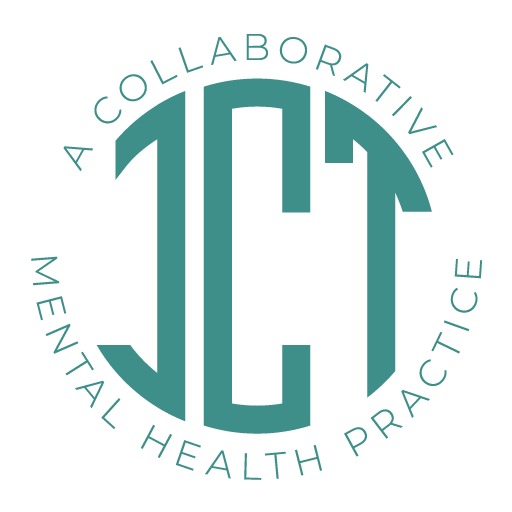I attended a presentation entitled A Journey to the Heart. Not only can the language we use with our children be overlooked, the language can be overheard by our children and consequently misunderstood.

We must speak to our children from the heart
You may think you do this already but how many times do you ask your child – why did you do that? This question is for you needing to structure a situation in a meaningful or integrated way; a need to understand and make reasonable.
Paying close attention to the language we use is imperative in building a strong connection and relationship with your children. This is where the heart comes in. Help them to find their language, to assess and teach noticing what is happening in their own bodies that maybe led to the toy being thrown into Johnny’s face! Reframing your language with an intention to assist, support and guide your child into helping them know why it is they did the certain something, this is speaking from the heart. Reacting with an annoyed or loud tone is off putting and disconnected.
Children grow physically and transform through the various stages of physical development. We see these changes before us through our eyes. Would you purposely halt or somehow disable this physical growth process?
Children also grow emotionally and transform through various stages of emotional development. These changes are not viewed by sight the same was as physical development. We learn and comprehend these emotional changes when we hear our child speak or we observe them interacting with others. Now ask yourself, if you knew what you said or how you interacted with your child (language), how this could halt and disable future emotional growth? And, would you continue to do it? Be curious, not judgmental. I’m not looking to shame anyone!
Language matters because it impacts our children on deep emotional levels. Naturally positive, helpful, playful, supportive and encouraging language with a friendly tone is entirely different than negative, hurtful, abusive, pessimistic and angry language and tone. Also included here and something else to be mindful of is non-verbal communication that is also a language, things like staring, glaring, disapproving frowns, pursed lips, snarls or clenched fists. Kids are highly sensitive to these gestures!
If we do not acknowledge, recognize and educate ourselves on the importance of language in our interactions with our children we are lacking the ability to truly connect and you even risk emotionally harming our child long term and into adulthood.
If you are a parent who recognizes you could do better when communicating with your child, you want to reach them more from your heart, you may be interested in working with me either for Psychotherapy or parent consultation sessions, check out my website. There is no shame in admitting you can do better and reaching out to a professional for some guidance is a tremendous gift for both you and your child.
About Julie: Julie Clarke is a Child and Youth Care Practitioner who graduated with Distinction from University of Victoria with a 4 year specialized undergraduate degree in Child and Youth Care. She is also a Registered Psychotherapist as well as a Somatic Experiencing Practitioner ~ Check her out at julieclarketherapy.com
New Podcast just released! And come join our parent consultation group over on Facebook!

